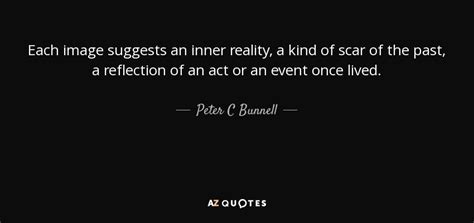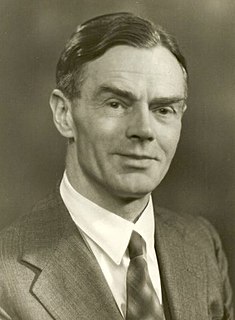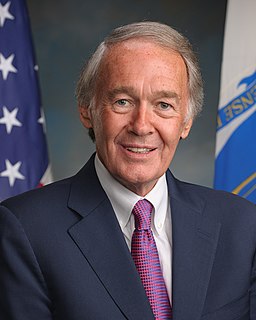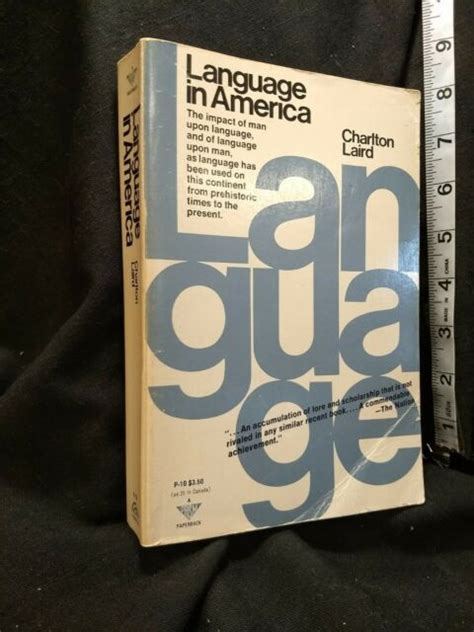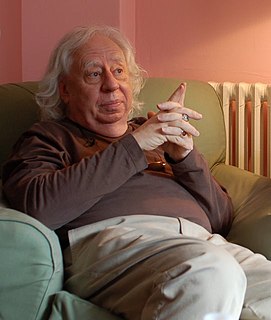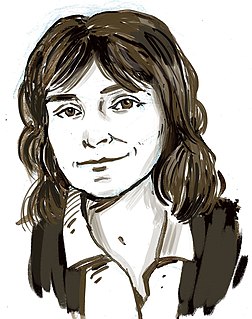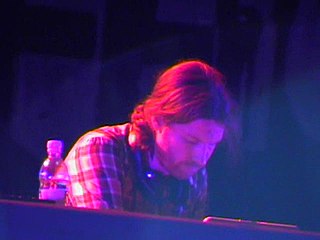Top 1200 Meanings Of Words Quotes & Sayings
Explore popular Meanings Of Words quotes.
Last updated on November 25, 2024.
I often recall these words when I am writing, and I think to myself, “It’s true. There aren’t any new words. Our job is to give new meanings and special overtones to absolutely ordinary words.” I find the thought reassuring. It means that vast, unknown stretches still lie before us, fertile territories just waiting for us to cultivate them.
Kids use words in ways that release hidden meanings, revel the history buried in sounds. They haven't forgotten that words can be more than signs, that words have magic, the power to be things, to point to themselves and materialize. With their back-formations, archaisms, their tendency to play the music in words--rhythm, rhyme, alliteration, repetition--children peel the skin from language. Words become incantatory. Open Sesame. Abracadabra. Perhaps a child will remember the word and will bring the walls tumbling down.
I don't know that I would say words are more political now, particularly after Donald Trump has come into office. I will say that what I notice is that people pay more attention to the words that politicians use. They really want to understand the full nuance, the connotative meanings of those words.
I am a dreamer of words, of written words. I think I am reading; a word stops me. I leave the page. The syllables of the word begin to move around. Stressed accents begin to invert. The word abandons its meaning like an overload which is too heavy and prevents dreaming. Then words take on other meanings as if they had the right to be young. And the words wander away, looking in the nooks and crannies of vocabulary for new company, bad company.
I’m not too keen on talking. I always have the feeling that the words are getting away from me, escaping and scattering. It’s not to do with vocabulary or meanings, because I know quite a lot of words, but when I come out with them they get confused and scattered. That’s why I avoid stories and speeches and just stick to answering the questions I’m asked. All the extra words, the overflow, I keep to myself, the words that I silently multiply to get close to the truth.
An amoeba is a formless thing which takes many shapes. It moves by thrusting out an arm, and flowing into the arm. It multiplies by pulling itself in two, without permanently diminishing the original. So with words. A meaning may develop on the periphery of the body of meanings associated with a word, and shortly this tentacle-meaning has grown to such proportions that it dwarfs all other meanings.
I myself, a professional mathematician, on re-reading my own work find it strains my mental powers to recall to mind from the figures the meanings of the demonstrations, meanings which I myself originally put into the figures and the text from my mind. But when I attempt to remedy the obscurity of the material by putting in extra words, I see myself falling into the opposite fault of becoming chatty in something mathematical.
I really don't know what exactly all the songs mean. Sometimes other people have meanings and when I hear them I think, 'That's really a better meaning than I thought, and perfectly valid, given the words that exist.' So part of what makes a song really good is that people take in different meanings, and they apply them, and they might be more powerful than the ones I'm thinking.
What enriches language is its being handled and exploited by beautiful minds-not so much by making innovations as by expanding it through more vigorous and varied applications, by extending it and deploying it. It is not words that they contribute: what they do is enrich their words, deepen their meanings and tie down their usage; they teach it unaccustomed rhythms, prudently though and with ingenuity.
I'm not an expert in the deck at all. My interest lies somewhere near a sense that words are like tarot cards, and that a poem manipulates unpredictable depths with its words. . . . I like the tarot because it works like poetry and because you don't really have to 'believe in' anything. It's there to be used. The symbols are remarkably durable and beautiful; they float out to encompass all kinds of meanings.
He should have known better because, early in his learnings under his brother Mahmoud, he had discovered that long human words (the longer the better) were easy, unmistakable, and rarely changed their meanings, but short words were slippery, unpredictable changing their meanings without any pattern. Or so he seemed to grok. Short human words were never like a short Martian word - such as grok which forever meant exactly the same thing. Short human words were like trying to lift water with a knife. And this had been a very short word.
Words, English words, are full of echoes, of memories, of associations. They have been out and about, on people's lips, in their houses, in the streets, in the fields, for so many centuries. And that is one of the chief difficulties in writing them today -- that they are stored with other meanings, with other memories, and they have contracted so many famous marriages in the past.
The greeting of peace (as-salamu 'alaykum) has many meanings. One of these meanings is that the person you are greeting will be safe from you (from your tongue, your heart, and your hand) and that you will not transgress against that person with your words or your deeds. This greeting is also a prayer for peace, safety, mercy, and blessings. We should take these noble meanings, which we so often say with our tongues, and make them our way of life in our dealings with other people.







